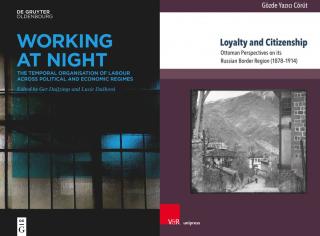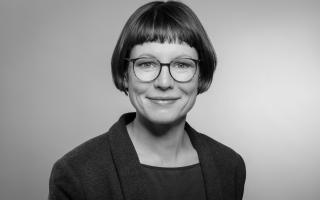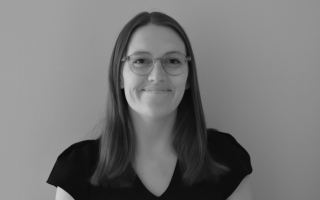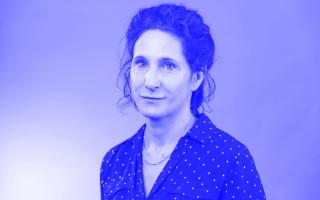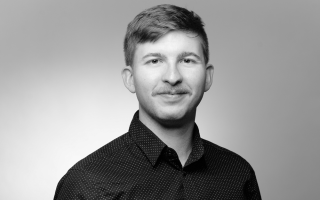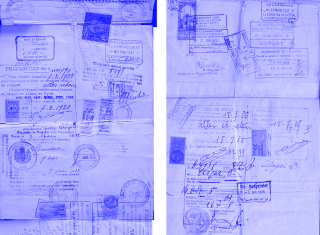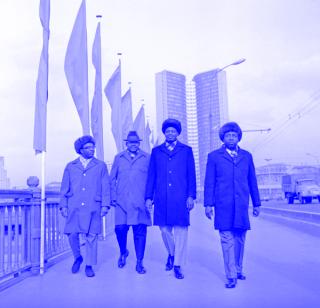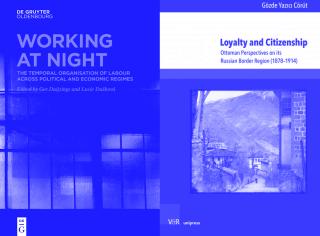
Team
The Department Entanglements and Globalisation
Researchers from the disciplines of contemporary history, global and economic history, art and literary studies as well as cultural history are working together on a trans-national history of the Eastern Europe.
The department is led by Prof. Dr. Frank Hadler.
Department
Entanglements and Globalisation
With its research, this department aims at explaining historical processes of entanglements— some reverberating into the present — in economics, politics, culture, academia and law. On the one hand, its focus lies on the social change in Eastern Europe tied to the trans-local, trans-national and trans-regional transfers of peoples, ideas and goods; on the other, it studies Eastern Europe’s positioning as a world region along the global West-East and North-South sight lines.
The economic, political, cultural, academic and legal historical researches derive from the GWZO’ overarching guiding themes and are situated at the intersections of regional history studies, modern global history approaches, comparative area studies and historical cultural studies. They are connected by their joint focus on Eastern Europe’s contribution to supra-regional phenomena of interconnection since the Early Modern era as well as the region’s positioning in processes of globalisation.
The department critically interrogates interpretations that characterise Eastern Europe as diverging from the »normal path« of global development, as being regressive, peripheral or imitative of overwhelmingly Western models. With its interdisciplinary approach, its international team actively contributes to the development of categories, methods and theories of the rapidly growing field of trans-regional research.
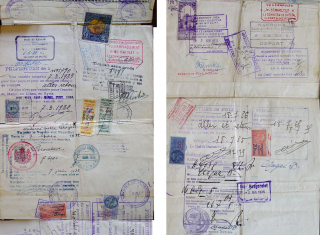
Completed Research Themes and Projects
From the Department’s Work
Ostmitteleuropa Transnational. Handbuch einer transnationalen Geschichte Ostmitteleuropas
This multi-volume publication project is the first attempt worldwide to offer a comprehensive view of the history of trans-nationalisation in a major European region. The first volume covers the time from the development of the »global condition« in the mid-19th century to the First World War; the second volume will treat the years from 1914/18 to 1945/48, and the third the period of state socialism in East-Central Europe.
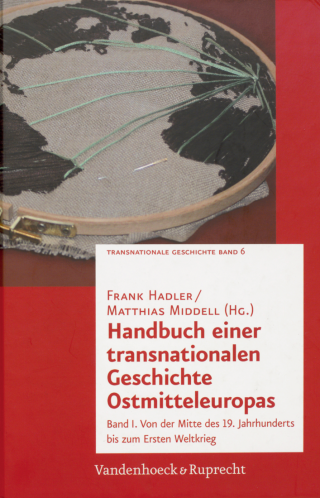
The GWZO on Air | Forschungsquartett on detekor.fm
This podcast presents preliminary research results of the project network »Multiple Transformationen: Gesellschaftliche Erfahrung und kultureller Wandel in Ostdeutschland und Ostmitteleuropa vor und nach 1989« [Multiple Transformations: Societal Experiences and Cultural Change in East Germany and Eastern Middle Europe Pre- and Post-1989], funded by the Saxon State Ministry of Science, Culture and Tourism (SMWK). Among other topics, Beáta Hock speaks about cultural promotion in the former Eastern bloc and about the cultural scene’s complete re-orientation around the time of the political and social transformation in the former socialist countries of East Central Europe.
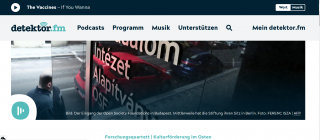
The GWZO’s Sub-Project in the SFB 199
The DFG has extended the collaborative research centre »Processes of Spatialisation under the Global Condition« for a further funding period. This cooperation between the University of Leipzig, the GWZO, the Leibniz Institute for Regional Geography (ifL) and the Technical University Dresden began its second funding period in early 2020. The GWZO sub-project B03 »Social Development Models for the Third World« is led by Frank Hadler, Uwe Müller and Stefan Troebst.
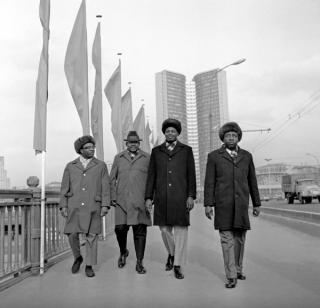
New Publications
Lucie Dušková und Ger Duijzings (eds.) , Working At Night - The Temporal Organisation of Labour Across Political and Economic Regimes, Oldenbourg 2022
The night represents almost universally a special, liminal or »out of the ordinary« temporal zone with its own meanings, possibilities and dangers, and political, cultural, religious and social implications. Only in the modern era was the night systematically »colonised« and nocturnal activity »normalised«, in terms of (industrial) labour and production processes. This volume draws attention to the extended work hours and night shift work, which have remained underexplored in the social sciences. By describing various political and economic »regimes«, it argues that, from the viewpoint of global labour history, night labour and the spread of 24/7 production and services should not be seen, only and exclusively, as an epiphenomenon of capitalist production, but rather as one of the outcomes of industrial modernity.
Gözde Yazıcı Cörüt, Loyalty and Citizenship. Ottoman Perspectives on its Russian Border Region (1878–1914), Göttingen 2021
The main concern of this book is with Ottoman efforts to establish sovereignty on its side of the repositioned Russo-Ottoman border, focusing on issues of state and citizenship. It attempts to answer the following questions: How was the Ottoman citizenry defined here? Through which policies and practices was the sovereign territory (re)constructed during the period between the Treaty of Berlin (1878) and the start of the First World War (1914)? How were people, communities, and their lands included and excluded and how did this impact on the daily lives and citizenship status of those in the borderland region?
